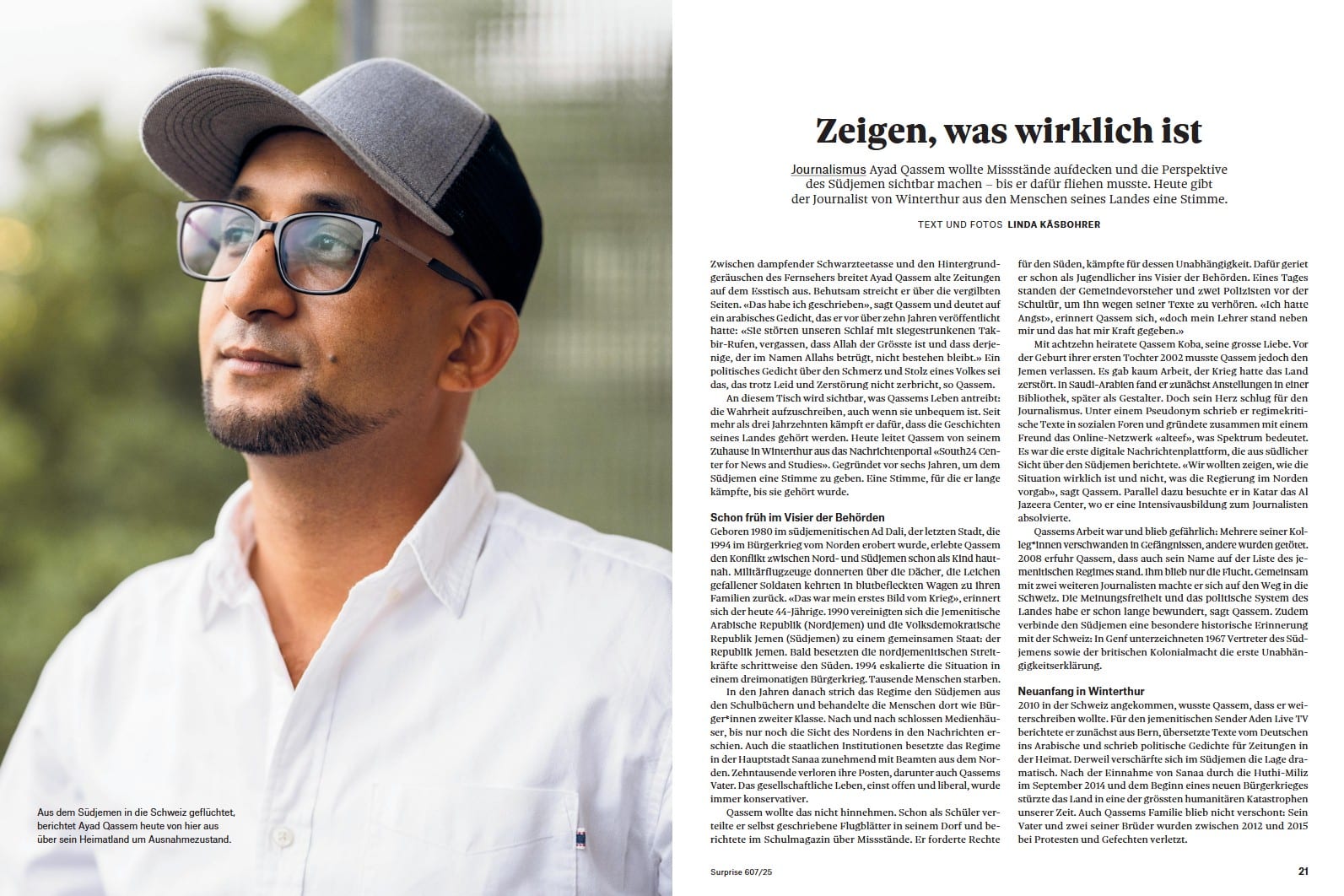
Saudi Crown Prince Mohammed Bin Salman (SPA)
آخر تحديث في: 13-02-2023 الساعة 6 صباحاً بتوقيت عدن
Andrew Korybko (South24)
The formal status recently given by Yemen’s Presidential Leadership Council (PLC) Chairman Rashad Al-Alimi to the Saudi-backed “Nation Shield Forces” (NSF) might ultimately lead to more trouble than it’s expected to resolve. These new group is supposed to help fight against the Iranian-backed Houthis, but Salafist elements within them coupled with their lack of local support might lead to the NSF functioning as a divisive element within South Yemen, thus inadvertently playing into the Houthis’ hands.
To explain, Yemen has unofficially bifurcated back into its two traditional halves that are nowadays represented by the Houthi-led North and the Southern Transitional Council (STC)-led South despite the country still formally remaining unified at the United Nations (UN) level. The PLC that was established last April after former President Abdrabbuh Mansur Hadi’s resignation essentially only serves as a means for managing Saudi and Emirati influence in South Yemen since it has no influence over North.
Related: South Yemen: PLC Chairman Establishes The «Nation Shield Forces»
While Riyadh is still officially invested in defeating the Houthis and thus restoring its lost influence over North Yemen, its lack of success in this respect over the past few years and the resultant stalemate don’t inspire confidence in that scenario. The NSF are therefore unlikely to significantly alter the military dynamics in Saudi Arabia’s favor, which raises questions about why they were formed in the first place, especially considering their Salafist composition and lack of local support.
Cynics might suspect that Crown Prince Mohammed Bin Salman (MBS) is plotting to exploit them as a so-called “backup plan” for retaining his country’s influence over part of South Yemen upon the restoration of its independence, with a focus on its resource-rich eastern regions centered on Hadramout. He can’t openly acknowledge that right now since it would amount to a tacit admission that he failed to defeat the Houthis and restore Saudi Arabia’s lost influence over North Yemen.
Furthermore, MBS has only just begun consolidating his Kingdom’s influence in that part of South Yemen through military means via the NSF, which is still far from secure owing to the locals’ lack of support for that Salafist-dominated militia. It’s possible that he might not even use them to make a serious push against the Houthis since that could risk depleting their ranks at the time when he’d potentially prefer to have them focus on carving out a “sphere of influence” for him around Hadramout.
From MBS’ perspective, he might have already accepted the practical impossibility of defeating the Houthis in North Yemen but has yet to accept that the restoration of South Yemeni independence would result in a truly sovereign nation and not a client state of his Kingdom. In order to sell the scaling back and eventual ending of his country’s war in Yemen to his fellow elite, he might feel that he first has to have some tangible success to show to them so that everything can appear to have been worth it.
With that in mind, MBS might have been driven to preemptively attempt to carve out a privileged “sphere of influence” for Saudi Arabia in South Yemen’s resource-rich eastern regions using the NSF with their center of operations in Hadramout. Should that be an accurate reflection of his strategic calculations at this point in the conflict, then it would mean that this militia is more about competing with the UAE for influence in an independent South Yemen than actually fighting the Houthis.
It's too early to make conclusions about its true purpose, but there’s also no denying that its Salafist composition and lack of local support make its official formation a divisive development in the eyes of the South Yemeni people. These are credible concerns that should be addressed by Saudi Arabia and its NSF as soon as possible. Failing to do so could fuel suspicions, which could thus play into the Houthis’ hands by distracting the South from the threat that they pose and the shared cause of independence.
At this crucial juncture in the conflict where the long-running military stalemate has already led to the de facto reconstitution of two separate Yemeni states, the priority focus should be on comprehensively strengthening Southern unity in all regards instead of formalizing the creation of new militias. Even if it wasn’t intentional, the formation of the NSF could be counterproductive to that aforesaid objective for the reasons that were explained.
A window of opportunity might thus emerge for the Houthis to exploit in carrying out another offensive amidst intra-South suspicions that could unwittingly be fueled by this development. It’s therefore imperative for Saudi Arabia and its NSF to seriously address the South Yemeni people’s credible concerns as soon as possible so as to avert that worst-case scenario. Hopefully this will happen soon so that Southern unity can continue strengthening ahead of the eventual restoration of independence.
Moscow-based American political analyst
- Opinions expressed in this analysis reflects its author

قبل 3 أشهر

قبل 3 أشهر